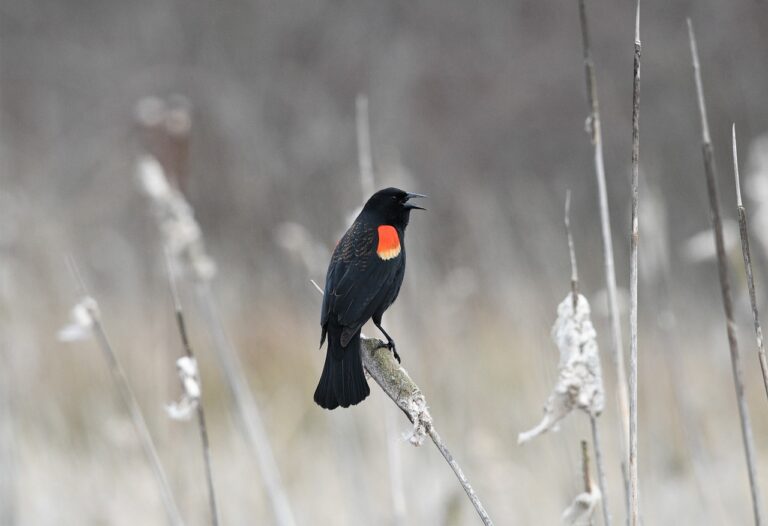Bar Signs, metal bar signs for pub clubs and restaurants, lots of signs are a lawful requirement for establishments serving alcoholic drinks such as No Smoking Signs, Our Pub Signs are usually readily available in a choice of silver history with black writing or gold metal with black writing and framed for long life and visual objectives. Signs available range from “no medications enabled” “please leave quietly” “weights & steps act” and many more Bar Signs & Pub Signs.
Britain’s condition as an island country is clearly shown by the multitude of pubs called The Ship– not simply in ports, yet in inland towns as well. Each Ship has its own background; right here the Ship was founded by a retired seaman, there it was an inn popular with seafarers, and in other areas simply a great name, though certainly passed by without some validation. In some areas, pubs are named after particular ships, or particular cases connected to the sea; 2 of the earliest pubs in England fall into this group, the Mermaid in Rye, named after the mythological figure half-fish, half-woman, regarding which seafarers used to love “spining threads”; and the Ship and Turtle in Chester, which appears to have actually been named after some mediaeval forefather these days’s mutant ninja heroes.
A lot of older pubs have names showing neighborhood loyalties or commitment to king and nation. Inns positioned near the houses of dukes and lords are regularly named after the duke’s or lord’s family name– specifically when the duke or lord in question happened to possess the inn, as was often the case. Thus a pub called the Norfolk Arms, whose indicator reveals a heraldic shield or the picture of Duke, is most likely to have actually been named after among the Dukes of Norfolk (a title created in 1483). As Britain’s populace increased in the 19th century, so did the number of pubs, numerous brand-new pubs taking names to commemorate armed forces success or triumphant leaders. Adhering to the Battle of Waterloo, the Duke of Wellington became a preferred pub name, and fine pictures of the “Iron Duke” still embellish numerous English pubs.
Britain has an unique heritage in its inn signs: a document of its background and the people who made it. Inn signs portray everything, from battles to developments, from showing off heroes to royalty.
The beginning of inn signs returns to the Romans. The ‘Tabernae’ would certainly hang vine leaves outside to show that they marketed red wine– in Britain, as creeping plant leaves are uncommon (as a result of the climate!), tiny evergreen bushes were substituted. One of the initial Roman pub signs was the ‘Bush’. Early pubs hung lengthy poles or ale risks, which may have been utilized to mix the ale, outside their doors. If both red wine and ale were offered, then both bush and pole would certainly be hung outside.
The Romans may have provided us cleanliness, medicine, education and learning, red wine, public order, watering, roads, the fresh water supply and public health (thank you, Monty Python) – however arguably their biggest gift to our reasonable and enjoyable land was the humble pub sign. The history of the pub goes back a long way– and of course much even more than basic literacy. It is only throughout the last century and a half that the majority of people in Britain have actually had the ability to read at least straightforward words; until then, any kind of business desiring to identify itself, be it go shopping or pub, had to utilize icons or sign language. Yet while barbers’ stores in Britain were all identified by red and white striped posts, and chemists’ by large glass bottles of coloured water, the situation was diferent with pubs.
In the olden days, numerous “inns” and “taverns”, the predecessors these days’s pubs, were catering for visitors and travellers, as well as local customers. bespoke bar sign The names they gave themselves, and the signs they hung up in the street outside their premises were not just for design, but served as promotion, and to plainly determine one pub or tavern from the other. While many of today’s pubs are less than fifty years of ages, nearly each one still has its very own unique name, and oftentimes a great indication to choose it. The earliest named pub in Britain is the Trip to Jerusalem in Nottingham, an old inn underneath the castle, where mediaeval knights made use of to collect prior to setting out on the Crusades. Just a couple of English pubs, however, have names dating back greater than three centuries. Among the much more usual names that does date back a long way is the Rose and Crown, a name initially utilized after the “Wars of the Roses” in the fifteenth century, when the House of Lancaster (symbol: a red rose) fought the House of York (symbol: a white rose) for the English crown. The name Rose and Crown has actually been a preferred name for inns and pubs since.
Subscribe to Updates
Get the latest creative news from FooBar about art, design and business.
